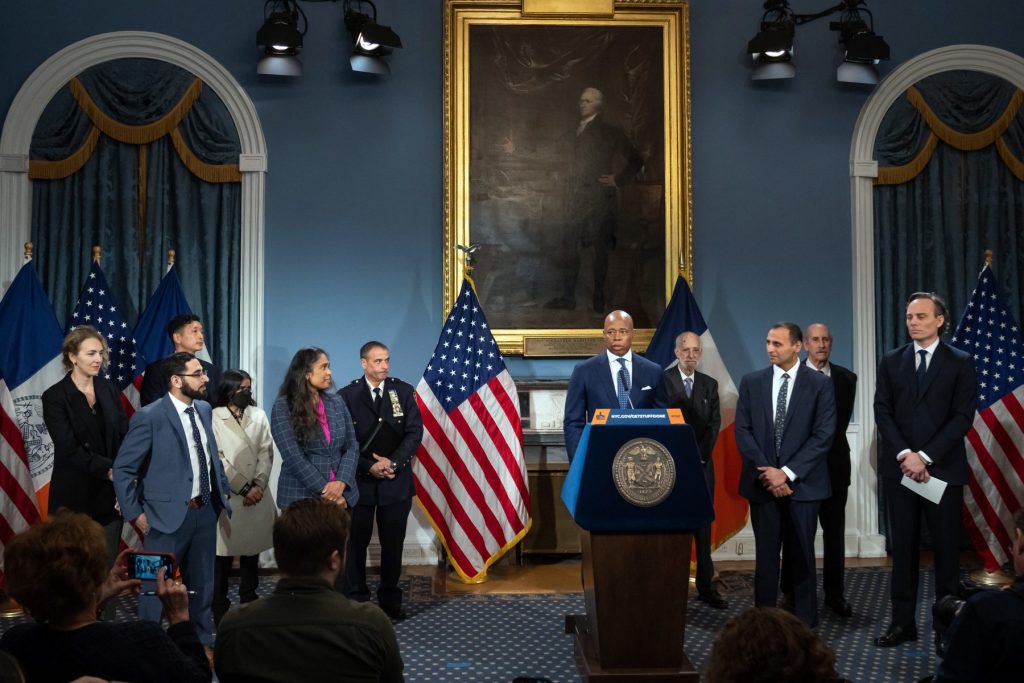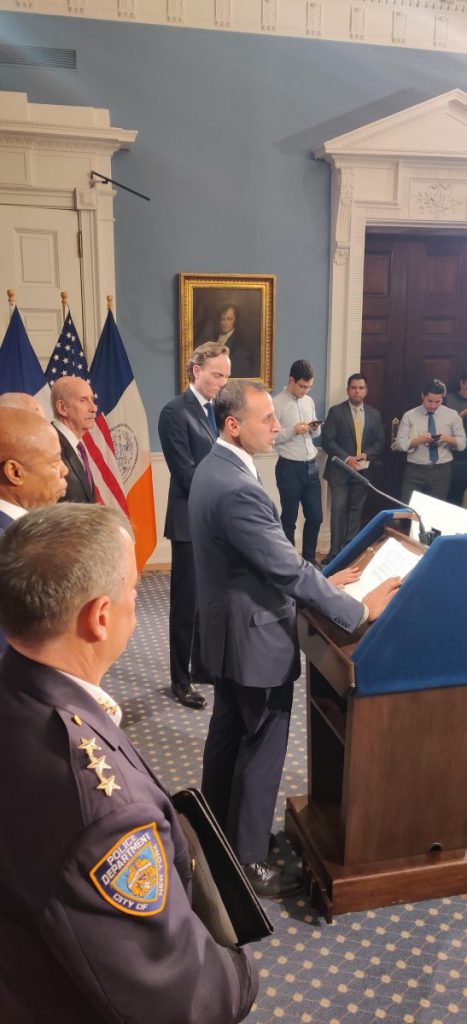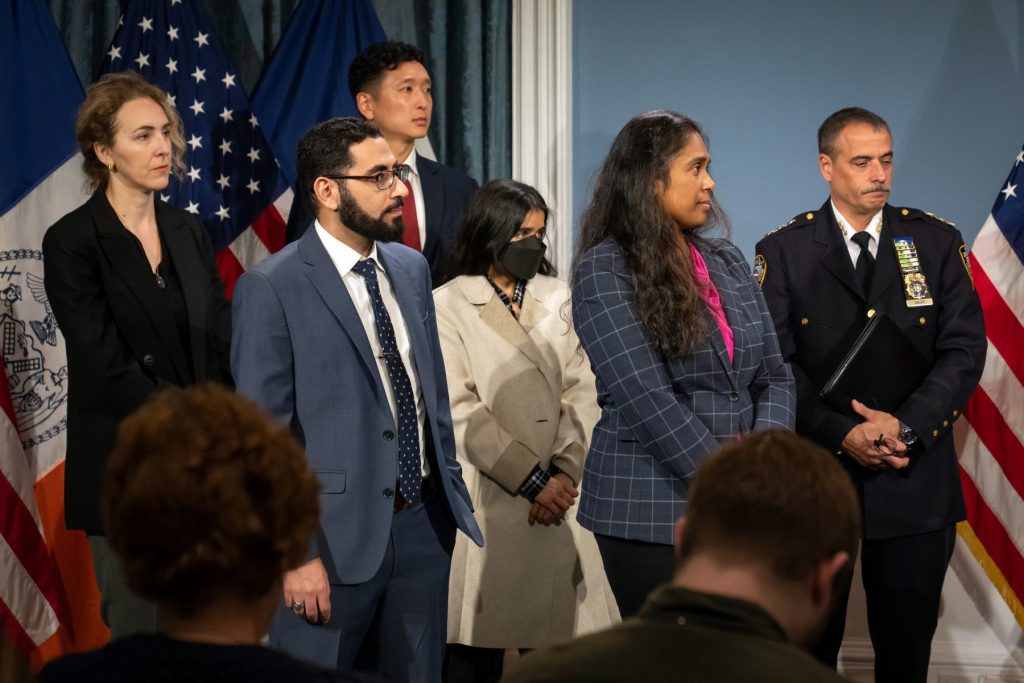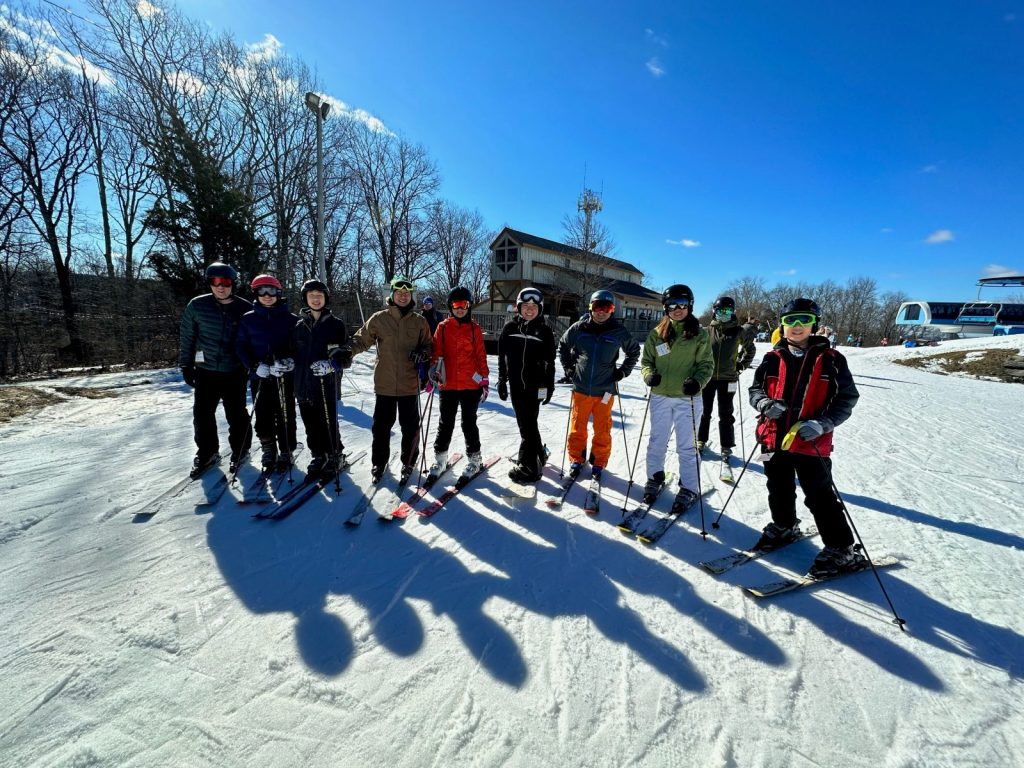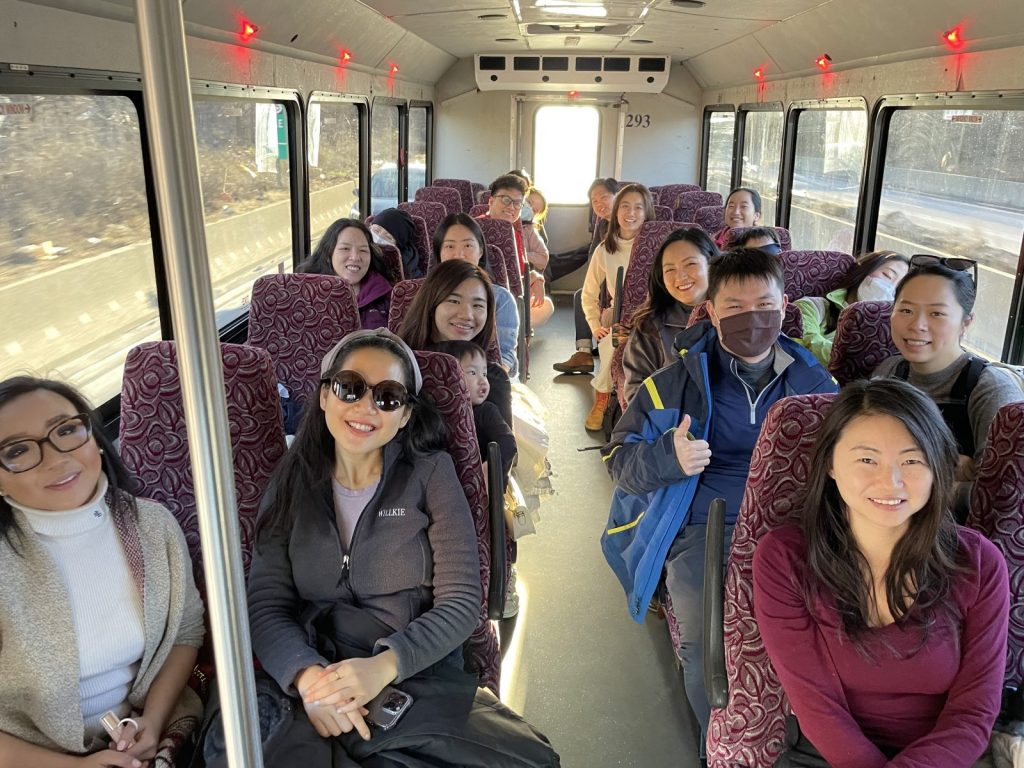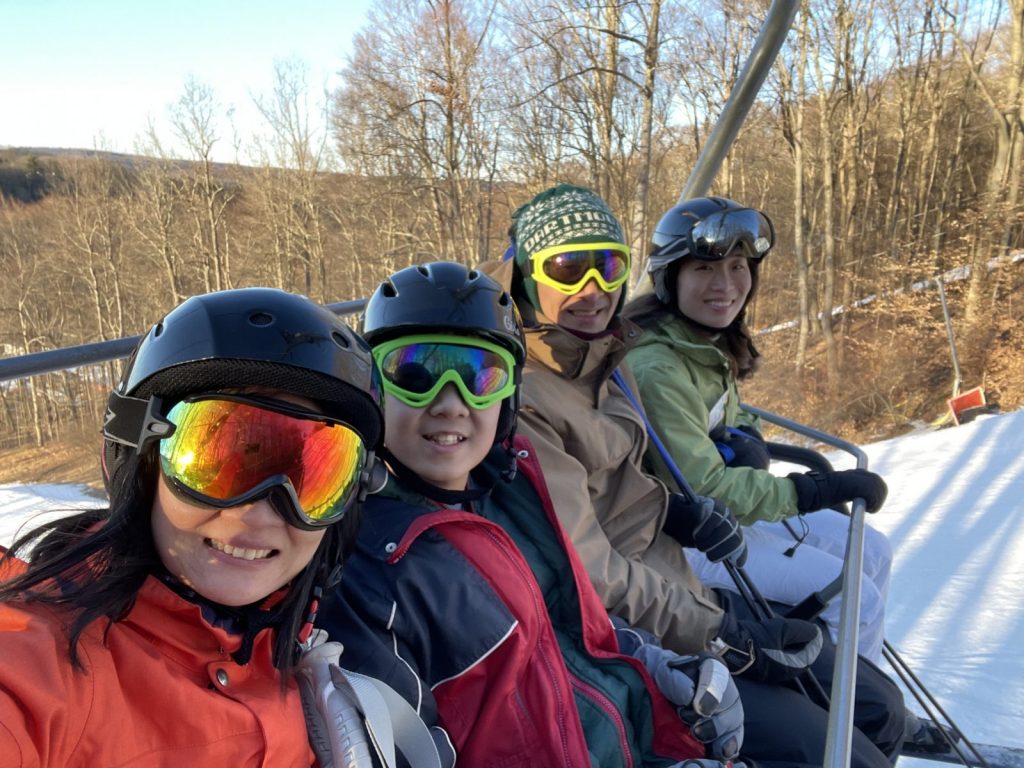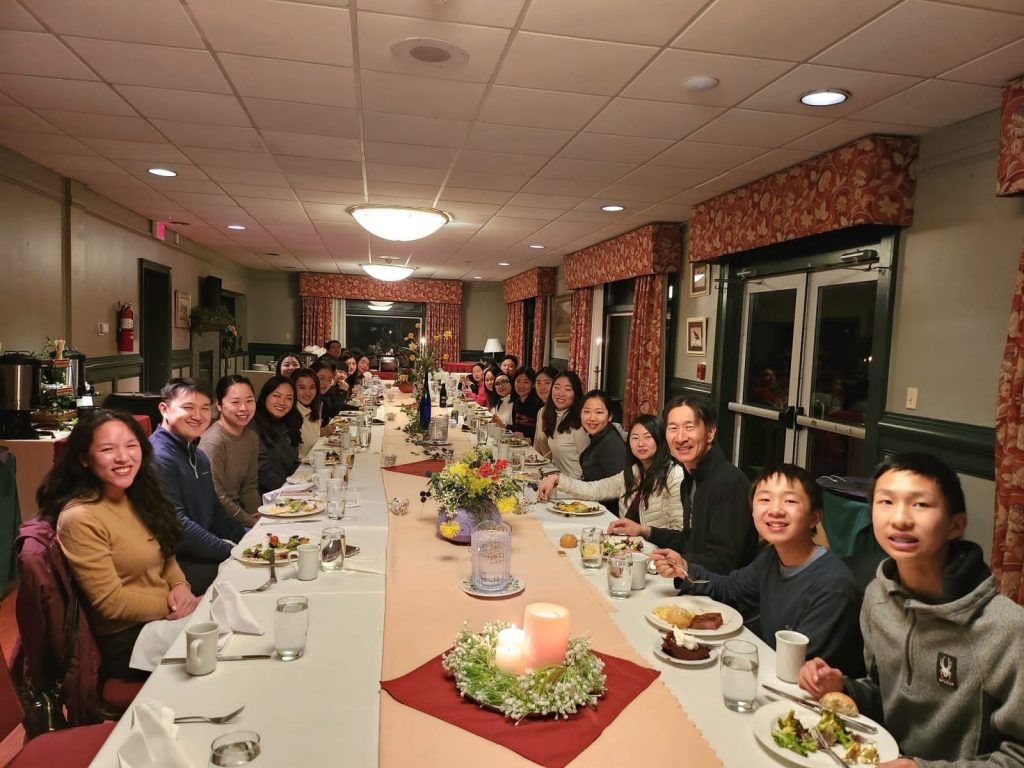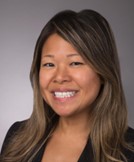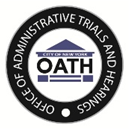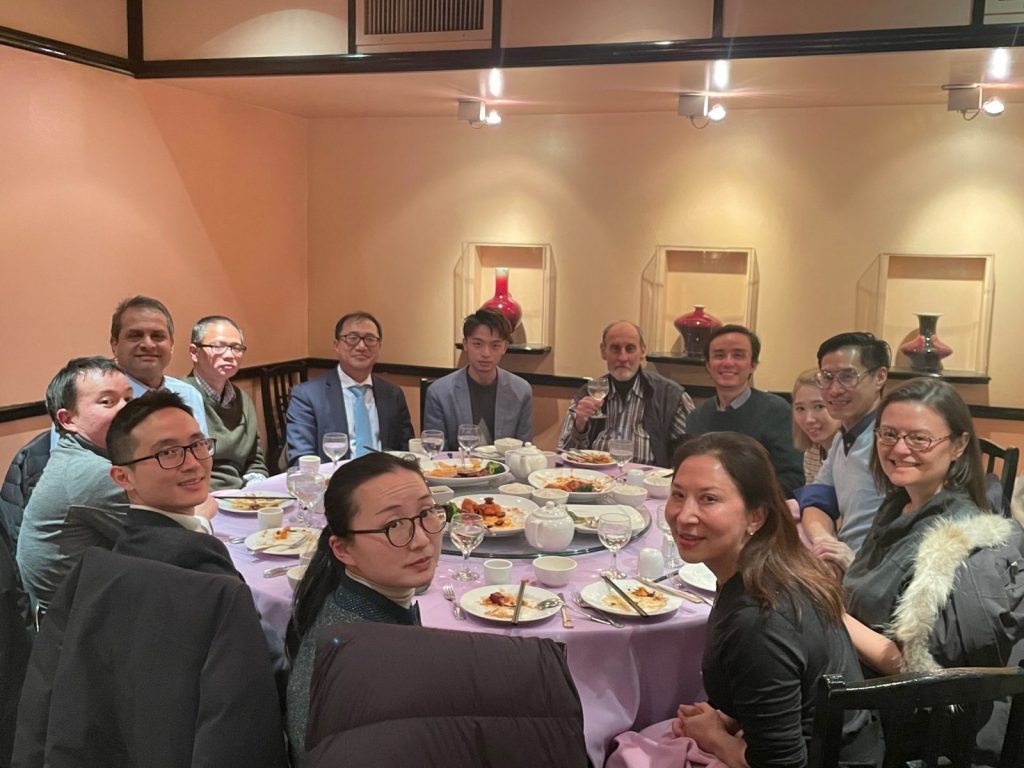
On January 7, 2023, the Asian American Bar Association of New York (AABANY), Asian Americans for Equality (AAFE), and dedicated volunteers staffed the Pro Bono Clinic at AAFE’s Flushing Community Center in Queens, New York.
The clinic met with 14 clients who had questions about tort, contracts, and housing laws.
Clients who filled out the clinic’s satisfaction surveys remarked:
“Hope there are more of these activities. Helps the community greatly.”
“Extremely grateful! Thank you guys very much.”
“Come frequently.”
Volunteering attorneys have asked clinic staffers about how to learn more about areas of law in which they do not practice. The best way to learn about new, developing areas of the law is from other attorneys. AABANY’s Pro Bono clinics are a great chance to connect with other attorneys.
For those attorneys interested in housing laws, check out the New York Department of Homes and Community Renewal Rent Regulation Fact Sheets, which can provide insight about the housing regulations in NYC, and the court’s website. Remember to check “the New York Civil Practice Law and Rules” for guidance on procedures and statute of limitations.
For law students and law school graduates seeking to complete the 50 pro bono hours requirement, remember to reach out to clinic staffers to learn about the requirement fulfillment process and other ongoing projects at [email protected].
Thank you Eugene Kim, co-chair of the Pro Bono and Community Service (PBCS) Committee, for bringing the wealthy cupcakes (fat go) to share with the volunteers!
Please check AABANY’s Calendar for a listing of events and the upcoming Pro Bono Clinics:
| AABANY Volunteers | AAFE Volunteers |
| Andrew Wu | Elton Ye* |
| Beatrice Leong | Daphne Mei* |
| Casey Lee | Nuala Naranjo* |
| Eugene Kim | Maria Bergeron*^ |
| Gary Yeung | Gabriel Hisugan |
| Jackson Chin^ | |
| Jennifer Park | |
| Johnny Thach | |
| Kwok Ng | |
| May Wong | |
| Meng Zhang | |
| Richard In | |
| Shirley Luong | |
| Tammy Tran | |
| Vincce Chan | |
| Daniel Kang* | |
| Tiancheng Lyu* | |
| Willow Liu* | |
| Yixuan Lian* |
*Non-attorneys
^remote


